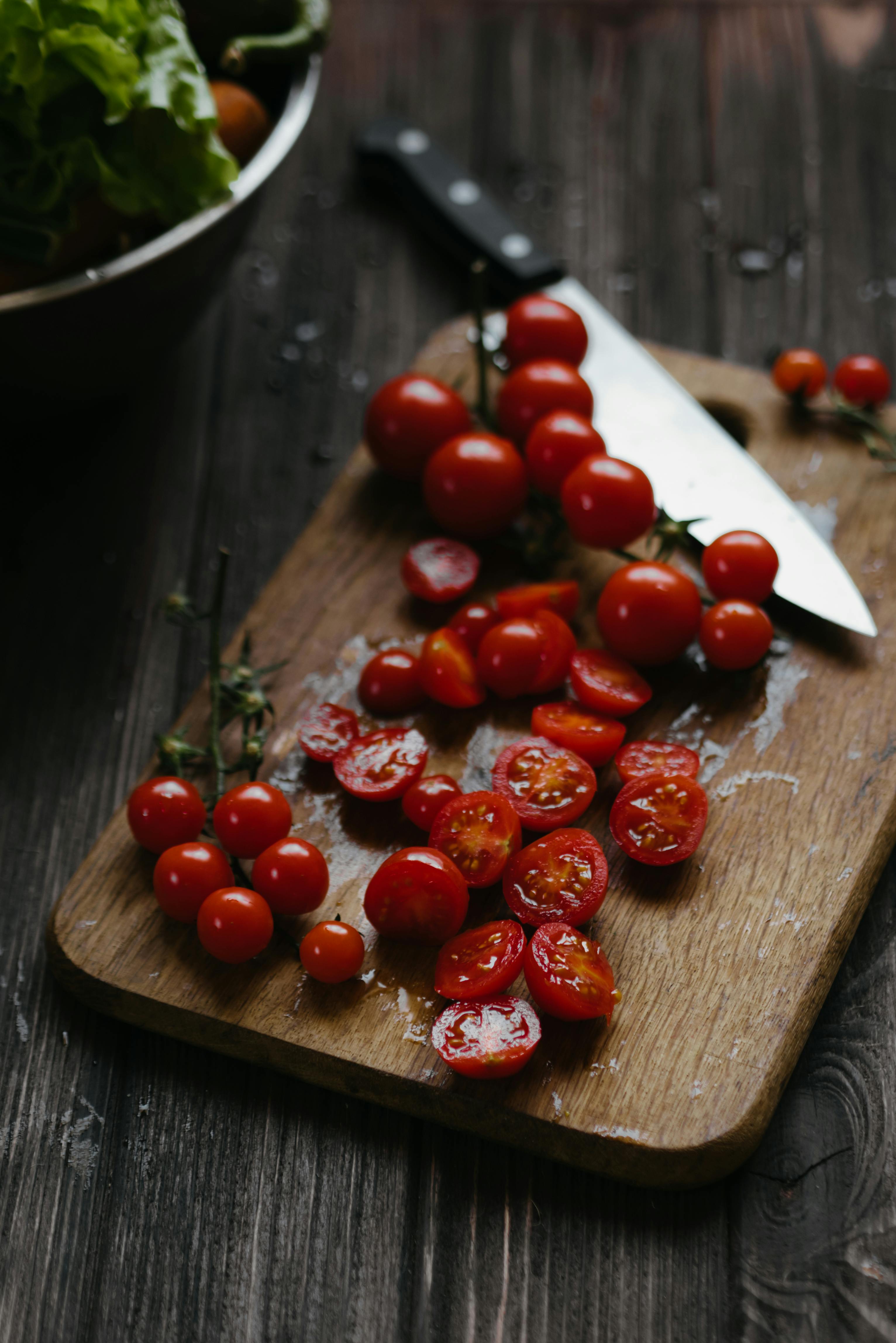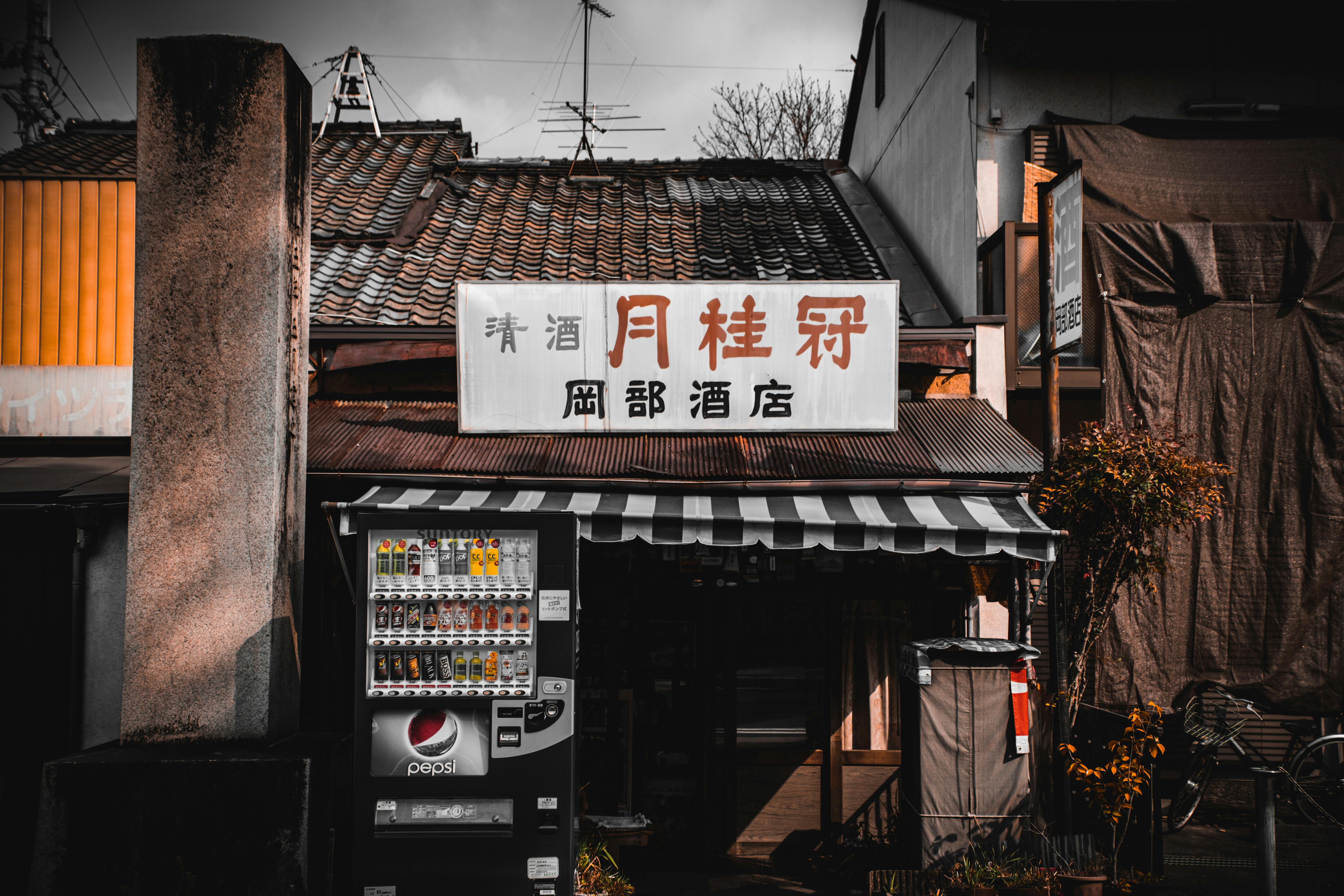Essential Guide to Clear Diet for Colonoscopy in 2025

Essential Guide to Clear Diet for Colonoscopy in 2025
Preparing for a colonoscopy can be daunting, but following a clear diet is essential for a successful procedure. This guide delves into the importance of adhering to a clear diet for colonoscopy, ensuring that you understand what foods and liquids are permitted, along with specific dietary guidelines. The right preparation will not only aid diagnostic accuracy but also enhance your comfort during the procedure.
Understanding the nuances of the colonoscopy preparation diet enables you to make informed choices, thereby easing anxieties associated with the process. You will discover details about clear liquids suitable for consumption, the foods you must avoid, and tips to maintain hydration throughout the preparation. By the end of this guide, you'll have a comprehensive understanding of the clear diet guidelines, empowering you to confidently prepare for your upcoming colonoscopy.
Key takeaways include essential food items approved for a clear diet, guidance on hydration, and practical meal planning tips that will support your health leading into the procedure.
Understanding the Clear Diet for Colonoscopy
Building on the importance of preparation, it is vital to grasp the fundamentals of a clear diet as it relates to colonoscopy. A clear diet refers to consuming only transparent liquids and easily digestible foods that ensure clarity of the bowels for the procedure. Clear liquids are critical, as they are easily absorbed without leaving residue that could obscure the colon's lining during the examination.
This diet typically includes options such as water, broth, clear soups, and certain fruit juices without pulp. It is important to consult with your physician regarding exact dietary restrictions and recommendations tailored to your health needs.
During this preparation phase, you will also be advised to limit hard-to-digest foods and focus on hydration. Proper hydration supports bowel cleansing and is a key factor in the overall success of the colonoscopy.
Foods Allowed Before Colonoscopy
In terms of food choices, what constitutes an appropriate clear diet? Foods that are acceptable prior to a colonoscopy primarily include:
- Clear broths (chicken, beef, or vegetable)
- Gelatin desserts without added fruits or toppings
- Clear fruit juices such as apple juice
Additionally, clear options such as tea without milk, soda, and sports drinks are often included. These foods help maintain energy levels while ensuring that the digestive tract remains clear. Maintaining a low-residue diet prior to switching to clear liquids can ease the transition.
Hydration Before Colonoscopy
Hydration plays a critical role in colonoscopy preparation. As you prepare your body for the procedure, it’s vital to drink plenty of clear liquids. Adequate water intake and electrolyte solutions are particularly beneficial, helping to prevent dehydration while supporting bowel cleansing.
Utilize hydrating clear options including:
- Water
- Broth
- Electrolyte drinks
Maintaining hydration not only aids in digestion but also contributes to a smoother preparation for your colonoscopy. Remember to monitor your fluid intake and adjust as necessary based on your specific health requirements.
Foods to Avoid Before Colonoscopy
To ensure your colonoscopy is effective, there are specific foods to avoid leading up to the procedure. These include:
- High-fiber foods such as whole grains and legumes
- Certain fruits and vegetables (especially those with skin or seeds)
- Foods that cause gas, including cruciferous vegetables
Avoiding these foods helps clear the intestines and improves the efficacy of the bowel cleansing process. Understanding what to discard from your diet is as crucial as knowing what to include.
Pre-Colonoscopy Diet Plan
With these basics established, it’s helpful to lay out a structured diet plan leading up to your colonoscopy. A well-thought-out meal plan can reduce confusion and ensure adherence to dietary requirements, mitigating added stress.
Begin with a low-residue diet a few days before the procedure, transitioning to a clear liquid diet the day prior. Here’s an illustrative plan:
- 3 Days Before: Low-residue diet including white rice, chicken, and clear broth.
- 1 Day Before: Clear liquid diet consisting of clear juices, broth, and tea.
This progressive approach eases your digestive system into a complete liquid diet, facilitating smoother bowel preparation.
Meal Ideas for Colonoscopy Prep
During your transition to the clear diet, having specific meal ideas can be incredibly helpful. Some suggestions include:
- Clear chicken broth with no additives.
- Gelatin desserts flavored with approved clear liquid.
- Ice pops using clear fruit juices.
These meals not only comply with the diet but also provide a semblance of satisfaction and comfort leading into the procedure. Ensure to adjust portions according to your appetite, keeping in mind the importance of remaining light before the colonoscopy.
Best Drinks Before Colonoscopy
In addition to the meals consumed, drinks before a colonoscopy should be carefully selected. The following beverages are encouraged:
- Electrolyte beverages designed for pre-procedure hydration.
- Clear juices - mainly apple juice, as it is gentle on the stomach.
- Herbal teas without milk, offering soothing qualities before fasting.
Opting for these drinks not only keeps you hydrated but also provides essential nutrients, easing your body’s transition. Remember to avoid any sugary drinks, as sugar can cause gastrointestinal discomfort.
Colonoscopy Dietary Tips and Tricks
Taking this concept further, there are numerous tips and tricks that can aid in effective colonoscopy preparation. A successful colon prep is essential for optimal results during the procedure.
Firstly, establish a hydration routine by integrating liquid intake throughout your day. Furthermore, implement gentle meal planning by including light snacks and clear liquids to maintain energy without overburdening your system.
It’s important to listen to your body, adjusting your intake as necessary while ensuring compliance with the dietary restrictions set by your healthcare professional.
Common Mistakes to Avoid in Diet Preparation
Throughout preparation, avoid some common pitfalls that can hinder success:
- Not adhering to clear liquid guidelines properly.
- Consuming food items not recommended, leading to stool residue.
- Neglecting hydration, risking dehydration.
These mistakes can affect the quality of your colonoscopy. Being mindful of your choices helps streamline the process, resulting in a more effective exam.
Expert Recommendations for Colonoscopy Diet
Consulting with a healthcare professional can provide tailored dietary guidance. Healthcare providers may offer specific insights suited to your individual health considerations, including recommended clear liquid options and electrolyte drinks useful for hydration before your procedure.
They can also guide you through the logistics of maintaining a balanced diet, helping to alleviate any concerns surrounding your dietary choices leading into this important health exam.
Q&A: Common Questions About Colonoscopy Preparation
Clear diets and colonoscopy preparation can raise a variety of questions. Here, we address some common inquiries that might arise:
What happens if I accidentally consume solid food before my colonoscopy?
Consuming solid food before your colonoscopy can impact the cleanliness of your colon, potentially requiring rescheduling if residues remain. It's vital to adhere to the guidelines carefully.
Can I drink coffee before my colonoscopy?
Caffeinated beverages are usually advised against due to their potential impact on electrolytes; however, decaffeinated herbal teas may be acceptable.
How can I ensure proper hydration leading into my procedure?
Staying hydrated involves consuming clear liquids consistently throughout the day prior to the procedure, avoiding diuretics that may dehydrate you.
By following these dietary guidelines, you set yourself up for a successful colonoscopy experience. Remember that preparation leads to important insights into your colon health.

 ```
```